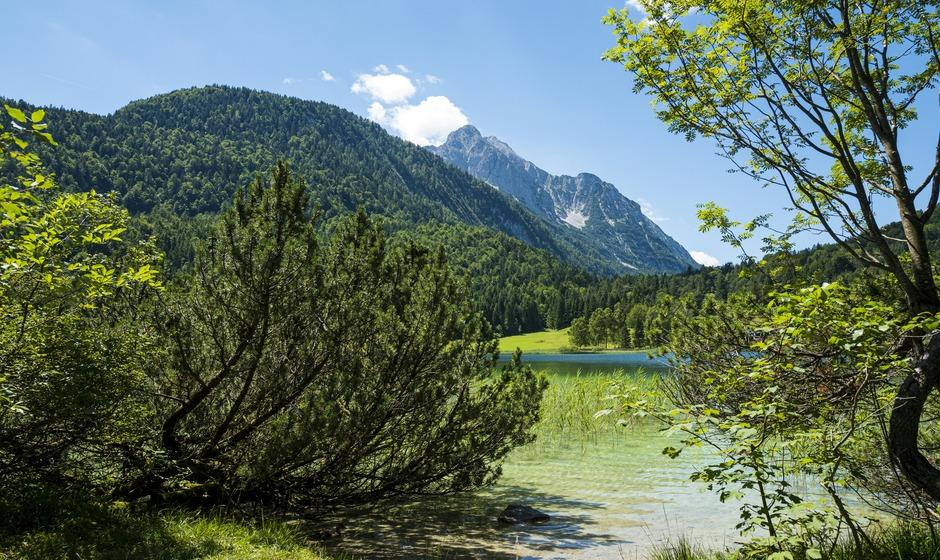Let’s begin by recognizing the wonders of nature for a brief while. Sincerely, how often do you take the time to observe a bloom closely? It’s a little work of art created by nature, a riot of color and form that simply leaves you saying, Wow . The truth is that there is no rivalry when it comes to beauty. The brightest colorful blossoms or the nicest petals aren’t awarded medals by nature. Everything is flawless in its own unique manner.
Let’s now discuss our interactions with the natural world
Yes, we may believe that by altering its delicate equilibrium, we are doing it a favor, but let’s face it: most of the time, our attempts to play Mother Nature back end up doing more harm than good. We have been tampering with nature’s formula for millions of years, using everything from pesticides to genetic alteration, and surprise, surprise, it’s not working out very well.
CONSIDER THIS how recently have you seen a bee buzzing about your garden? or a butterfly hopping around among flowers? Numerous species have declined as a result of our obsession with changing nature, not to mention a range of health issues for humans. It seems like we’re making things worse while attempting to fix something that isn’t broken.
The good news is that there is still time to make a change. We still have time to change things, and we can do so now. All of this begins with a small concept known as sustainability. Yes, I realize it seems like one of those platitudes used in dull meetings, but believe me when I say that it’s actually quite significant.
What precisely is sustainability, then?
Essentially, it’s about coexisting peacefully with nature rather than continuously attempting to control it. It’s about making prudent use of resources so that they can be enjoyed by future generations. It all comes down to being aware of how our actions affect the environment and trying to reduce those effects wherever we can.
And what do you know? It’s not necessary to be a hippie who loves trees to be pro-sustainable. In actuality, regardless of our identities or backgrounds, it’s something we can all support. You may contribute to environmental protection in a number of ways, regardless of your lifestyle—whether you ride a rusty old bike or drive a luxury electric automobile.
So where should we begin?
So how about we start by giving our lives a serious, in-depth examination? Is the abundance of items we purchase truly necessary, or are we only overcrowding our lives? Is driving really necessary everywhere when we might just as easily walk or ride our bikes? Is eating so much meat really necessary, or would it be possible to occasionally switch to vegetarianism?
If we wish to build a more sustainable future, these are the types of questions we should be asking ourselves. Making tiny, doable improvements that pile up over time is more important than making big changes all at once. Perhaps it’s making the move to reusable shopping bags, setting up solar panels on your roof, or starting a backyard garden. In any case, every little amount counts.
However, sustainability involves more than just altering our personal behaviors—it also entails holding the authorities responsible for their deeds. This entails applying pressure to organizations and governments to take significant steps to combat climate change and save the environment. It entails making financial decisions and endorsing companies that put sustainability first. Additionally, it entails standing up for what’s right when we see it and demanding change.
So, shall we strike a deal?
For the benefit of present and future generations alike, let us pledge to do our share to preserve this wonderful world. Instead than attempting to control nature, let’s celebrate its beauty. Instead than ruling the earth, let’s be its stewards. And let’s begin by advocating for sustainability right now, on this day. organs beauty promise that the environment will appreciate it.



